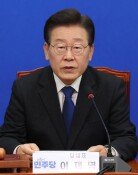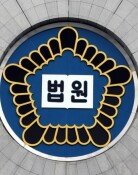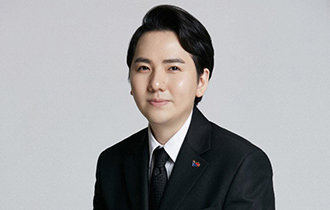Deregulation can stimulate sluggish real estate market
Deregulation can stimulate sluggish real estate market
Posted January. 10, 2013 06:26,
The Korean real estate market, hit hard by the economic slump, has fallen off the tax cliff. With market sentiment in the doldrums due to economic uncertainty, the reduction in the real estate acquisition tax that helped rekindle the market slump expired last month. As negative developments have damaged to an already staggering market, real estate agents in Seouls upscale Gangnam district see few visitors who seek to sell and buy homes or rarely receive inquiries about real estate transactions. With the homebuying mood shifting to "jeonse," or a lump-sum amount used as a key deposit for rental, jeonse prices are poised to escalate.
To shore up transactions in the real estate market, the government in September last year cut the real estate acquisition tax to the 1-3 percent range temporarily through the end of last year. As market entry barriers were lowered, the measure spawned a short-lived rebound of property transactions for about two months. But watchers warn of a real estate tax cliff, at which the market will suffer a free fall when the reduction expires. Both President-elect Park Geun-hye and her main opposition rival Moon Jae-in pledged extension of the reduced tax in their presidential campaigns, but the measure was not taken until years end. As the market instantly slumped after 2013 began, the ruling and opposition parties are moving to seek the extension of the reduction, a rather belated move. This time, more Koreans are putting off buying a home or moving into newly built homes until the extension is confirmed, adding to market confusion.
The ruling and opposition parties should not wait until the opening of this months extraordinary parliamentary session, but instead release the detailed schedule for the extension of the real estate acquisition tax reduction and a plan to retroactively apply the measure to help stimulate property transactions. Reduction of the tax alone will hardly revive the market. President-elect Park mentioned in July last year the possibility to withdraw the new home price cap system, saying, There seems to be no chance for real estate prices to jump as in the past. Rather than follow up piecemeal with a string of measures to deregulate the market implemented by the outgoing Lee Myung-bak administration, the Park administration should present a fundamental measure to normalize property transactions. It can do so by revising the real estate trade tax system, which is focused on suppressing speculation due to soaring home prices in the past, to comply with the new market environment.
In September last year, the government held a debate on the matter moderated by President Lee Myung-bak. Suggestions included the easing of debt-to-income loan restrictions imposed on home buyers, withdrawal of the new home price cap system, and revocation of a heavier transfer tax on owners of multiple homes. Yet these measures were insufficient to revive the market. Proposals to galvanize transactions, including the withdrawal of the new home price cap system and revocation of a heavier real estate transfer tax on owners of multiple homes, even failed to pass the National Assembly. For Korea to stimulate the stagnant real estate market, the right balance must be struck not only to tackle the problem of household loans of nearly 1,000 trillion won (940 billion U.S. dollars) but also to bring about a soft landing of the market. The policy should inject funds into the slumping market and lower entry barriers for first-time homebuyers for residential purpose, including younger people buying their first homes. Real estate is no longer a lucrative investment due to changes in the population structure and the younger generations perception toward home ownership. The real estate market should be reshuffled to focus on people who need homes to live in rather than for speculative purpose.
Headline News
- Gov’t faces criticism over policy reversals and decision-making processes
- Controversy erupts over ‘single life’ welfare packages
- Gov’t announces worker protection measures for heat waves
- Madonna wearing Kahlo’s items faces controversy over special treatment
- Pirates' Bae Ji-hwan pulls off a stunning come-from-behind victory







